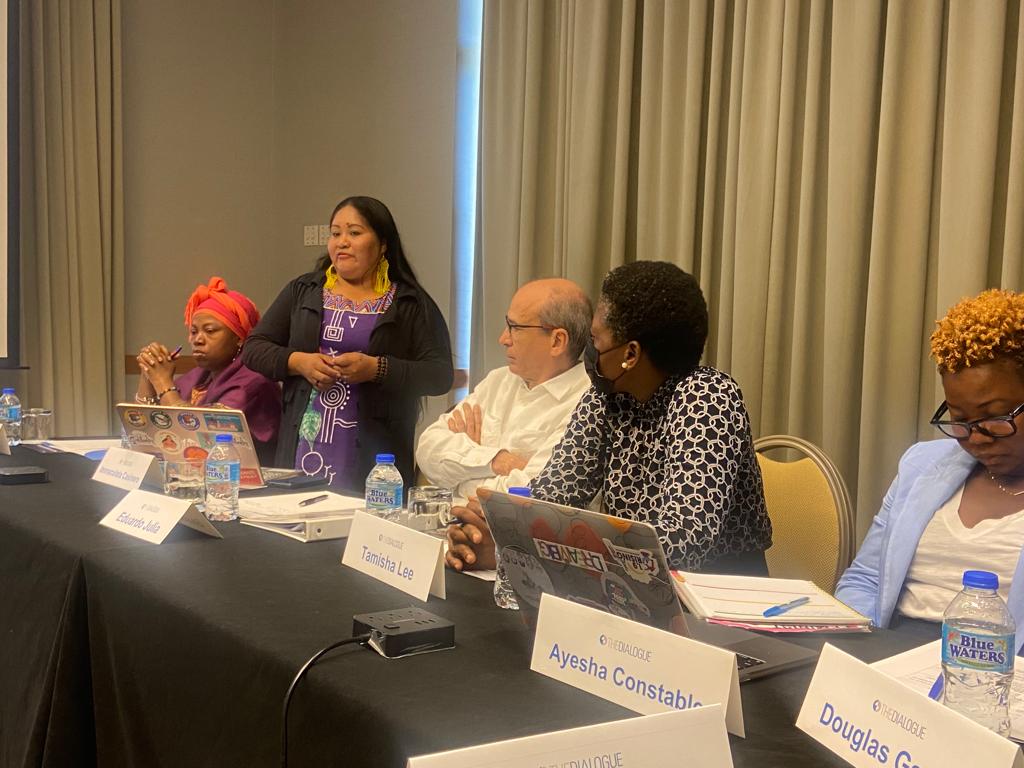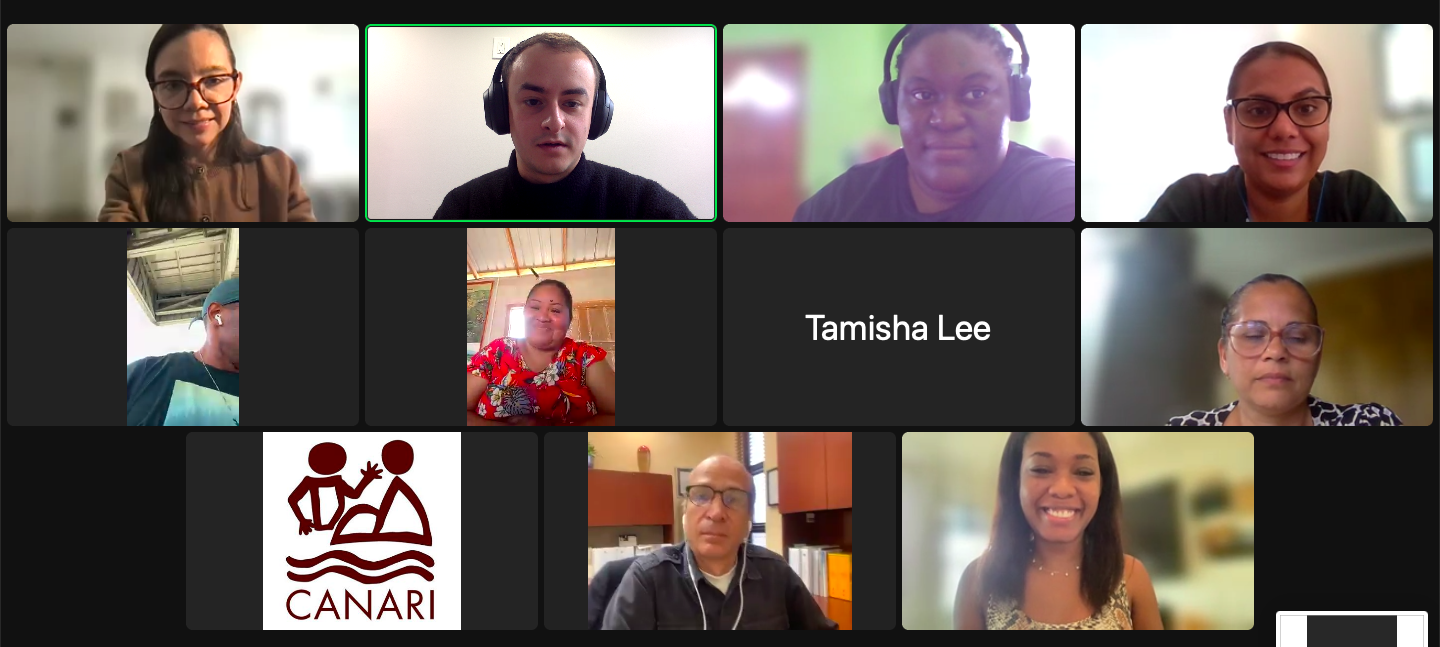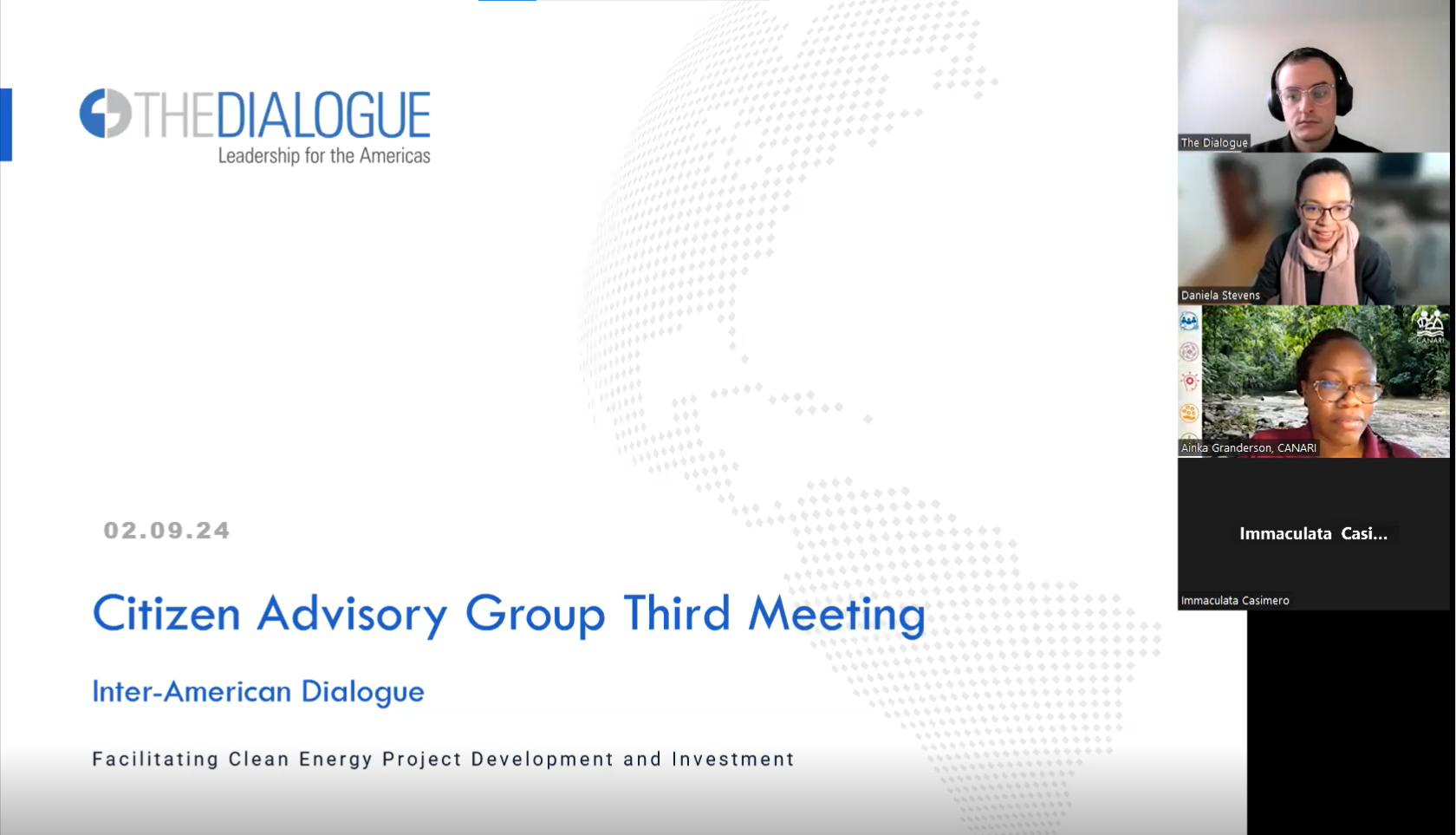Caribbean Citizen Advisory Group
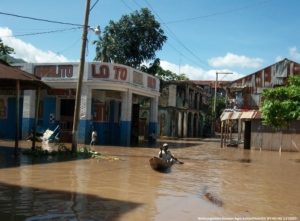 The US-Caribbean Partnership to Address the Climate Crisis 2030 (PACC 2030) is the Biden-Harris Administration’s flagship initiative to support climate adaptation, resilience, and clean energy across the Caribbean region. Parts of the initiative have entered into the implementation phase, with technical assistance, trainings, and stakeholder conferences already underway with both private sector and national-level entities.
The US-Caribbean Partnership to Address the Climate Crisis 2030 (PACC 2030) is the Biden-Harris Administration’s flagship initiative to support climate adaptation, resilience, and clean energy across the Caribbean region. Parts of the initiative have entered into the implementation phase, with technical assistance, trainings, and stakeholder conferences already underway with both private sector and national-level entities.
Still missing in the strategy, however, are participatory mechanisms to facilitate meaningful involvement of local communities to ensure inclusion and inform on-the-ground implementation. PACC 2030’s focus on national governments and the private sector certainly targets two highly relevant changemakers, yet the strategy overlooks regional and national disparities regarding race, gender, and cultural diversity or socioeconomic inequities. Moreover, it does it acknowledge the lasting impacts of the region’s experience of colonialism and neo-colonialism.
PACC 2030 will not achieve its desired ends unless it also meaningfully engages civil society, given that the impacts of climate change often overlap with and deepen existing inequities along the lines of race and ethnicity, colorism, socioeconomic status, and gender. Tackling this blind spot requires facilitating the participation of historically marginalized groups such as women, youth, and rural populations, including subsistence farmers, who are already disproportionately experiencing the impacts of climate change.
The purpose of the Citizen Advisory Group is thereby to facilitate this participation in the policy process and to ensure that PACC 2030 is implemented:
- Alongside targeted outreach, consultations, and trainings to significantly engage subnational marginalized populations to address their needs, particularly women, youth, subsistence farmers, small business owners, and Indigenous peoples and other ethnic group representatives.
- In a way that incorporates local wisdom, particularly intergenerational ecological knowledge and practices. Meaningful local involvement and participation is vital to create a bridge between community needs and understanding of sustainability with technocratic knowledge and best practices. Policy implementation is not value free and must be enriched by local wisdom and values to ensure a customized vision of sustainable development with local buy-in and durability.
Organized by the Dialogue’s Energy Transition & Climate Program, the Citizen Advisory Group (CAG) will meet three times between September 2023 and February 2024 to gather civil society input for a final report on climate justice and marginalized identities in the Caribbean. CAG members include a diverse group of civil society voices from across the Caribbean, including representatives from environmental and climate organizations, rural and Indigenous leaders, members of economic and social development groups, activists for women and youth, and educators. For a full list of members, see below.
Events
Discussing the third pillar, participants highlighted the disproportionately high electricity prices in the Caribbean, outdated and underfunded power systems, and limited renewable energy capacity. They cited corruption, lack of political will, and counterproductive subsidies as contributing factors. They urged PACC 2030 initiatives to address these challenges.
Citizen Advisors
Stacey-Ann Pi Osoria, Founder, Emergency Management Association of Trinidad and Tobago, Trinidad and Tobago
Tamisha Lee, President, Jamaican Network of Rural Women Producers, Jamaica
Immaculata Casimero, Communications Officer, South Rupununi District Council; Member, Wapichan Wiizi Women’s Movement, Guyana
Brandon Walker, Founder and President, barbudanGO, Antigua and Barbuda
Ifáṣínà Efunyemi, Teacher of History and Caribbean Studies, Ecumenical Junior College, Belize
Christine Samwaroo, Founder, The Breadfruit Collective, Guyana
Eduardo Julia, Vice Director for Strategic Issues, Fundación Sur Futuro, Dominican Republic
Richard Jones, Officer-in-Charge, Caribbean Policy Development Centre, Barbados
Ché Greenidge, Executive Director, Barbados Environmental Conservation Trust, Barbados
Ardene Sirjoo, Communications Lead, The Cropper Foundation, Trinidad and Tobago
Ainka Granderson, Resilience Program Lead, Caribbean Natural Resources Institute (CANARI), Trinidad and Tobago
Sandra Prospere, Chairperson, Fond St. Jacques, St. Lucia
Naomi Bannis, President, Anse Kounari Tourism Association, Dominica
Ayesha Constable, Founder, Young People for Climate Action; Co-founder, GirlsCARE, Jamaica
Keithlin Caroo, Founding and Executive Director, Helen’s Daughters, St. Lucia
Related Content
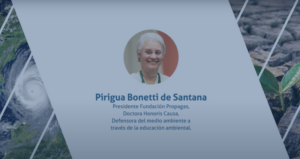 |
Impactos climáticos y resiliencia en la República Dominicana July 6, 2023 | Daniela Stevens | Fundación Propagas, UCE |
|
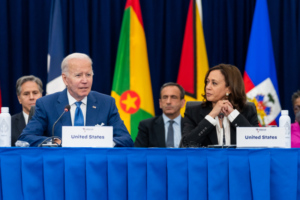 |
What Can a U.S.-Caribbean Energy Alliance Achieve? June 23, 2022 | John Kerry, Riyad Insanally, R. Kirk Sherr, Steven Debipersad, Cletus I. Springer | Latin America Advisor |
|
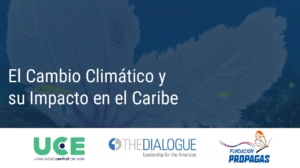 |
La gravedad del cambio climático en el Caribe y algunas recomendaciones para mitigar sus impactos June 10, 2020 | Omar Urdaneta |
Media
|
Inter-American Dialogue Collaborates to Promote Climate Justice September 29, 2023 | TTT Live Online |
||
|
|
||
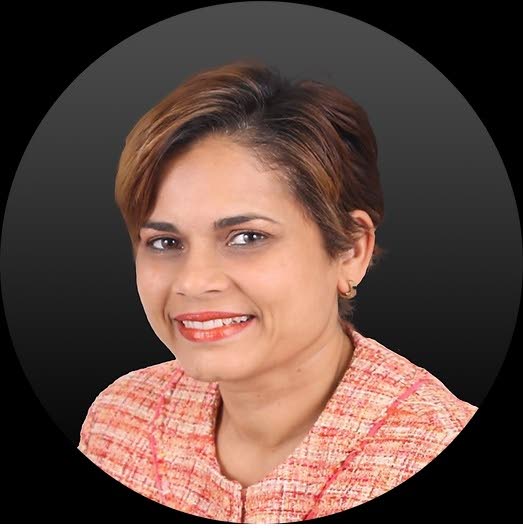 |
EMATT Partners with US Think-Tank on Climate Change September 28, 2023 | Ryan Hamilton-Davis | Trinidad and Tobago Newsday |
Funders
The Caribbean Citizen Advisory Group is possible thanks to the generous support of the Open Society Foundations. The Inter-American Dialogue is a non-partisan organization deeply committed to intellectual independence. While donors are encouraged to participate in our activities, funders do not and have never influenced our research or programs. Our directors, members, staff, and constituents represent many views and our funding sources are diverse. All contributions conform to the Dialogue’s internal donor guidelines and US tax laws. The Dialogue is transparent in listing all donors in our Annual Report and on our website. Additionally, 990s are readily available to any individual or organization upon request.
Contact
Director, Energy Transition & Climate Program | dstevens@thedialogue.org


























